Councillor mission statement
As Councillors, our foremost commitment is to prioritise the needs and well-being of our local community, ensuring the safety and security necessary for families to nurture and raise children.
Housing our people first
When it comes to housing allocation, our people must always be prioritised. If economic migrants cannot find housing, they can return to their home countries. This is our country; we have nowhere else to go. Too often, councils actively prioritise incomers over our own citizens. We are committed to fighting this injustice at every turn.
We oppose mass immigration and, therefore, oppose building housing for migrants. The establishment parties reveal their priorities when they fail to build houses for our people first, leaving homeless veterans to die on the streets.
We believe in putting our people first at all times and will support initiatives to provide affordable housing for local residents and young families and to help get our homeless off the streets.
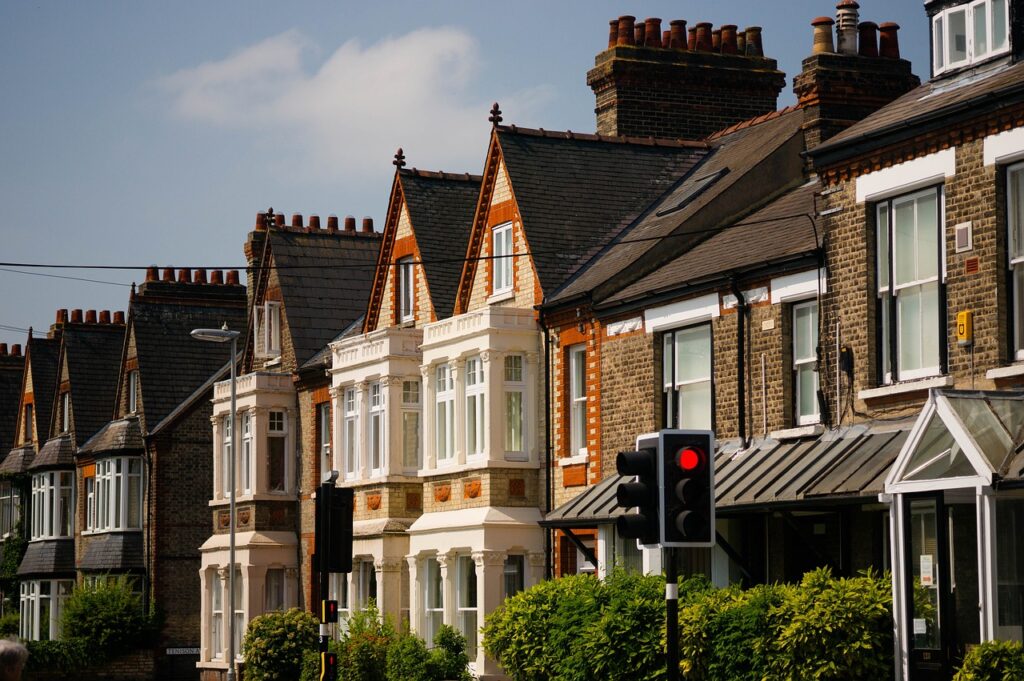
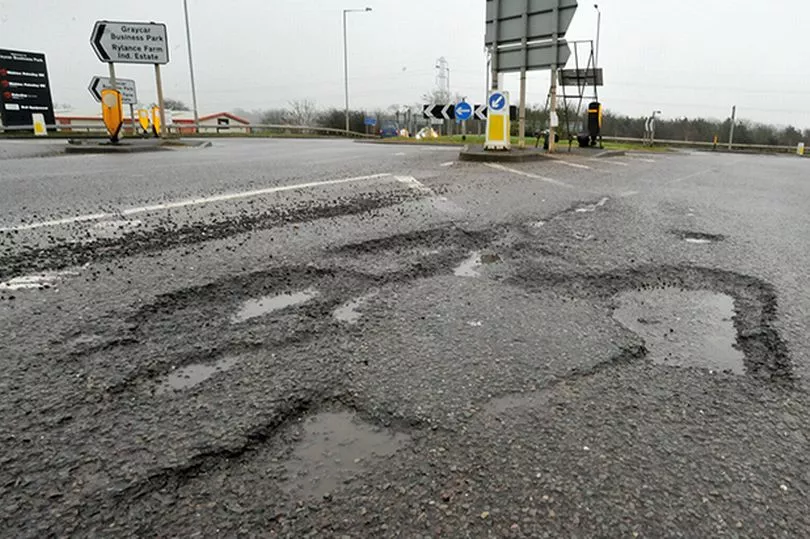
Maintaining our infrastructure
Roads are an essential part of civilisation, but ours have been neglected for decades, making them unsafe. This neglect incurs extra costs for families due to car damage from potholes, not to mention injuries caused by accidents. Councils are legally obliged to maintain the roads but do not prioritise this work, choosing instead to spend money elsewhere, often on things the public does not want; the same applies to central government.
We will reallocate funding wherever possible to resurface roads and fix potholes. It should not be the case that cones are put out and roads are dug up, yet no work is being done. Roadwork should be well-planned and completed as quickly as possible to avoid hindering travel, including working overnight or around the clock if necessary. Of course, there are economic benefits for everyone if we are able to get to where we need to be on time.
We want our nation to be proud of its infrastructure.
Representation & public meetings
We have seen situations where an area is blighted by a development or an imposition from the central government (such as a migrant hotel), and the local council has either ignored or abandoned the people. Claiming it’s not their job to deal with it or that the people are in favour of it when they definitely aren’t. The people are left with no one to turn to. They may start a protest group, but these groups are often maligned by outside forces and are usually unsuccessful without the support of at least some local councillors. Just because a council or councillor can’t solve a problem right away doesn’t mean they can abandon their duty to represent the people.
Wherever we hold a council seat, we will fight for the people. We will ensure public meetings are held so that the voice of the people is heard and elected representatives are held to account. Where necessary, we shall call for an official poll to determine the will of the people once and for all. The procedure exists in law; it is just seldom used as the mainstream doesn’t care what the people want and would hate for it to be proved in such a way.
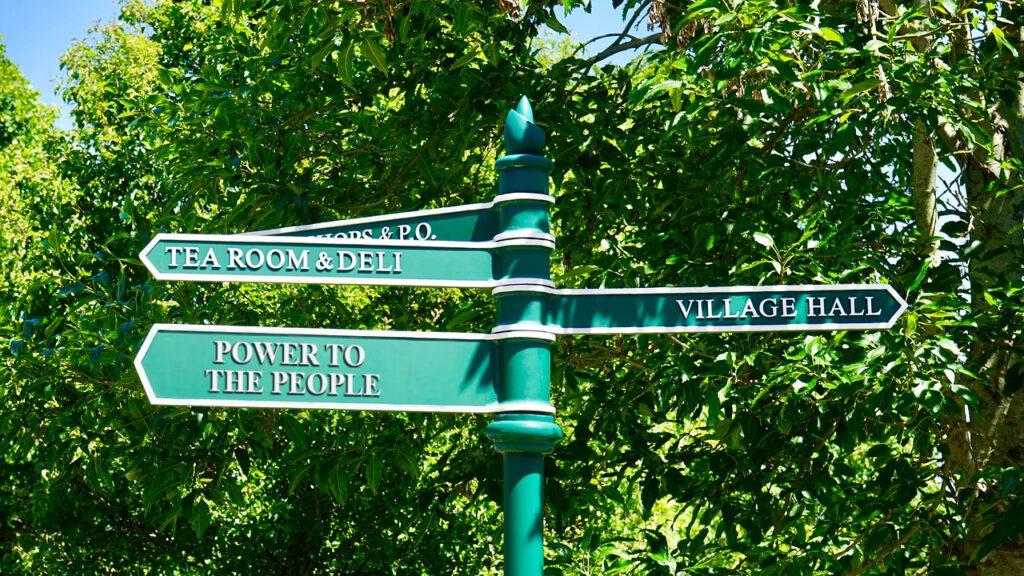
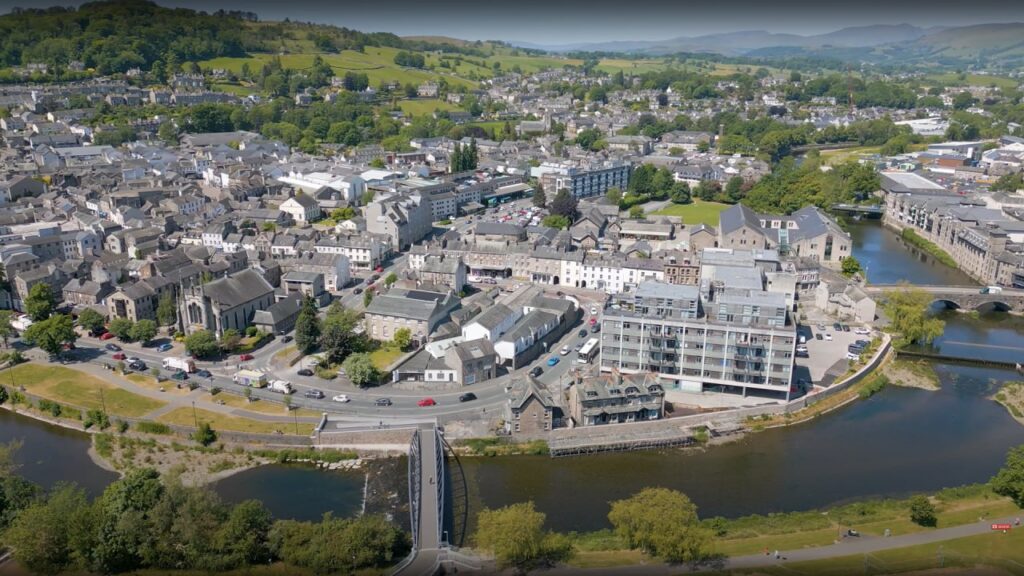
Sensible planning
Being involved in the planning system is an important part of community politics. Our councillors will stand against infrastructure projects and other developments that the community does not want.
We believe preserving the greenbelt is paramount and oppose all building over farmland. We support sensible development to regenerate derelict and neglected brownfield sites and urban wastelands, with a focus on restoring the beauty of this country. You can read more about this in our environmental policy.
Where development does occur, our councillors will demand the creation or improvement of green spaces for the community and the planting of indigenous trees and other plant life. Developments must also include footpaths to connect with local amenities such as parks, schools, community centres, doctors, pharmacies, etc.
No money for woke ideology
The money collected through council tax should be spent on improving and maintaining what future generations can benefit from. It should never be spent on fringe political ideologies and initiatives that the vast majority do not want and will never benefit from. Our infrastructure is crumbling around us while progressive liberals use public money to push their latest fads; our children will eventually have to pay to rebuild it all. We should not have our children pay for other people’s luxury beliefs. Examples of such projects include:

- Rainbow zebra crossings up to £50,000 each.1
- Bizarre and ugly “art” installations, often removing existing statues in the process.
- Creating unnecessary Diversity, Equality, and Inclusion (DEI) job roles that far exceed the average wage2 and cost the taxpayer £23 million per year.3
- DEI training that far exceeds what is required by law, often delving into so-called “white privilege” and “decolonisation,” which are initiatives aimed at making our people ashamed of who they are and their nation’s history.
- Changing the names of streets and buildings or erecting statues to venerate people who have no connection to the local area, the nation or this country.
- A fortune in grants to left-wing NGOs (sometimes dubiously registered as charities) that push all of the above points on the community as a not-so-subtle form of political activism.
We see these kinds of initiatives being pushed in towns and cities where essential services are being cut, revealing the true priorities of the established parties. Councils claim they lack the funds to build or maintain essential amenities like public toilets, yet they waste a fortune every year on initiatives no one asked for.
We oppose excessive spending on projects that promote nothing truly beautiful, lasting, worthwhile, or beneficial for our people. We oppose the political radicalisation of local councils and believe our people should be put first at all times.
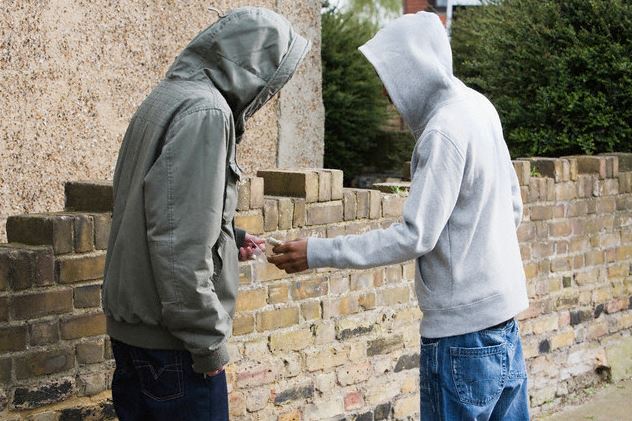
Cracking down on fake businesses
We will seek to end the issuing of licenses without scrutiny to business sectors linked to money laundering, such as Turkish barbers, American sweet shops, phone repair shops, vape shops, hand car washes, etc. These sectors often have a high level of money laundering, hire illegal migrant labour, degrade the quality of local high streets, and are hotspots for crime, including drug dealing.
It’s easy to identify which businesses warrant scrutiny, as they have few customers but seem to have a lot of money flowing through the premises. We believe a blind eye is turned because of the proprietors’ backgrounds and the lack of interest in reducing the prevalence of drugs. Where possible, we will set up a council-led anti-money laundering squad to increase scrutiny on these premises and hold those who break the law accountable.
Localism
Our councillors believe in utilising local community businesses and professionals wherever possible in the completion of public works. Utilising these assets helps keep money spent on improving the local area within that area. We do not believe in a race to the bottom with regard to bidding for public contracts. If a local can provide the service at a justifiable cost, even if there are cheaper alternatives further afield, the local businesses and professionals should take priority.
Localism is essentially a form of Nationalism on a much smaller scale. It gives political power to local representatives so that they put the needs of local people first, the same way Nationalism seeks to put the needs of the nation first.
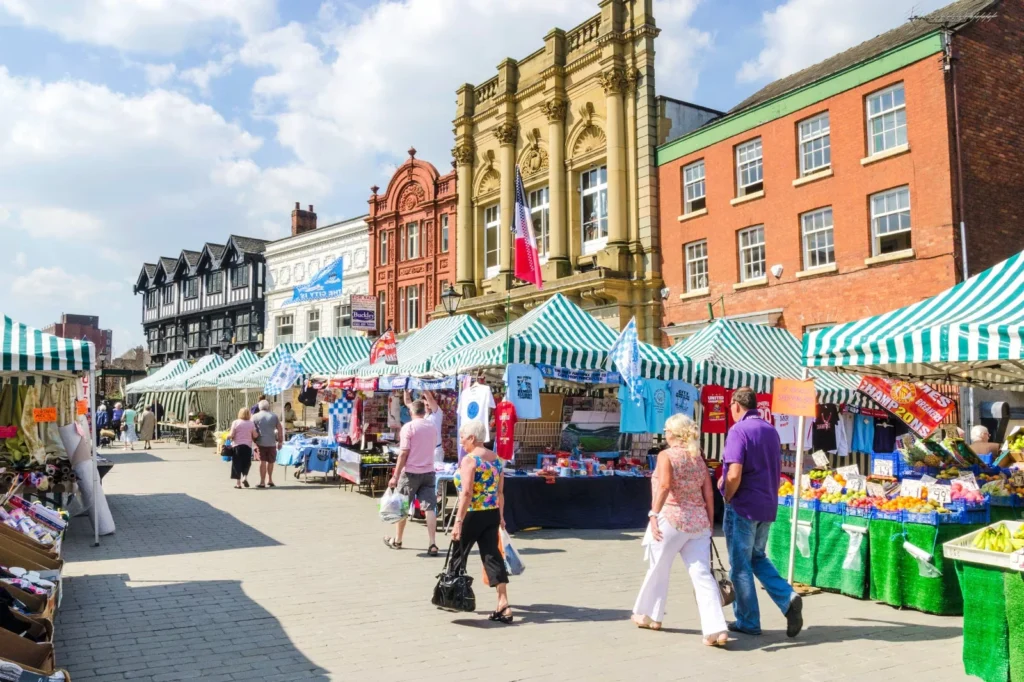
- Labour-run Houndlow Council spent £48,174 on a single rainbow crossing, which took a year to develop alongside the “West London Queer project”. ↩︎
- Birmingham City Council had 11 people in different roles for the 2022-23 financial year. It could have saved £450,374 by axing them.
Surrey County Council was criticised by the by the Taxpayers’ Alliance for advertising three roles at a total costing around £170,000. ↩︎ - Local authorities spent almost £23 million in 2022/23 compared with just over £12 million in 2020/21, according to figures compiled by the Taxpayers’ Alliance. ↩︎
